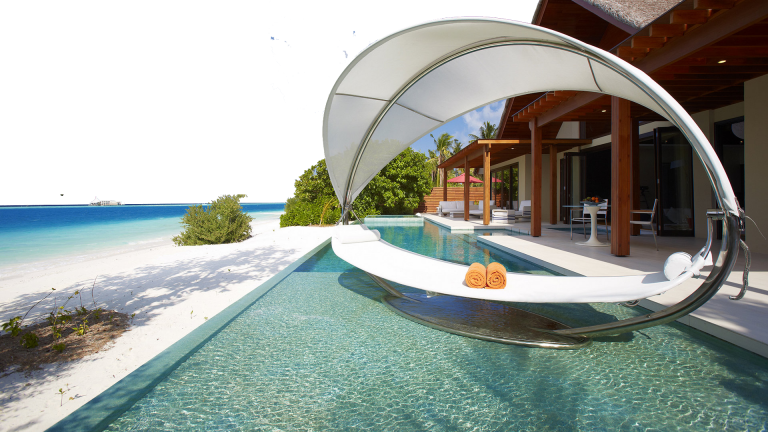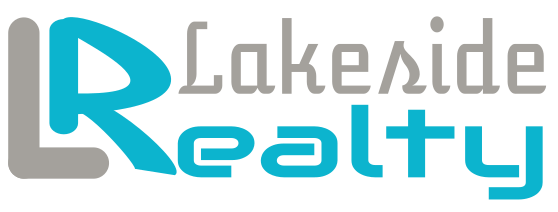Buying A Lakeside Property
Buying a lakeside property is the ultimate dream that many covet! Taking the time to relax on the edge of a lake, in the forest or in the mountains has something to dream about.
But to prevent your lakeside property purchase project from turning into a nightmare, you must absolutely know some very practical tips.
If you follow these tips, you can be sure that you will become the owner of the lakeside property of your dreams in the best possible conditions.
You can also fill out our form to find and compare free of charge, three brokers who specialize in cottage purchases!
Take The Time To Target Your Needs
We can never repeat it enough, and the first and most important step is the one you must do before taking the purchasing steps, which is to take the time to target your needs.
With the right criteria, your house will be more efficient, and you will avoid wasting time. In addition, you are more likely to avoid mistakes and make a choice that is not right for you. Take the time to sit with your family and look at your needs, tastes, and interests.
Anticipate all fees and costs associated with the purchase
The purchase of a lakeside property obviously comes with its share of costs, which many buyers forget to calculate. A real estate transaction involves thousands of dollars in fees and a large sum of money to invest in down payment.
- Down payment (5-20% of the sale price)
- CMHC insurance premium (if less than 20% down payment)
- Pre-purchase inspection
- Welcome tax (or transfer costs)
- Assessment fees (often at bank expense, however)
- Notary fees
- Inspection of the well and septic systems
- Life and home insurance (payable monthly once purchased)
In total, the purchase costs often represent at least $ 4,000-5,000, not including the down payment. Make a budget and plan with the help of a broker the cash you will need.
Inspect and analyze the ground thoroughly
Always ask if the lakeside property is in an area at risk of a landslide or in a floodable area. You have the right to request to see the certificate of the location to verify that the building does not encroach on a riparian protective strip without having an acquired right.
In addition, we advise you to pay particular attention to the slopes of the land to see if the water flows far from the foundations and not towards the house.

Check the water supply and quality
If you do not want your coffee to taste iron, or if you are unable to consume tap water, you should have the water quality checked, and the supply system checked. One thing is for sure; you must be aware and know the quality of the water in your cottage before buying it.


 Do not go to the house visit place on time. Allow room for maneuver to examine the neighborhood, ask questions in the neighborhood, gauge the noise, or conversely, the tranquility of the place.
Do not go to the house visit place on time. Allow room for maneuver to examine the neighborhood, ask questions in the neighborhood, gauge the noise, or conversely, the tranquility of the place. During the house visit, check for example if the floors are flat, even in each room and between rooms? Irregularity can be a sign of structural weakness. Also, look at the floor coverings and make sure that they are well suited to the room where they are located: carpet or rough parquet are not recommended in damp rooms (bathroom or kitchen). You can always change the coverings, but you will have to add the cost of these works to your budget.
During the house visit, check for example if the floors are flat, even in each room and between rooms? Irregularity can be a sign of structural weakness. Also, look at the floor coverings and make sure that they are well suited to the room where they are located: carpet or rough parquet are not recommended in damp rooms (bathroom or kitchen). You can always change the coverings, but you will have to add the cost of these works to your budget. The best advice and information sometimes comes much closer to home. Before buying a house or even making a shortlist, it is important to spend some time on the land and talking with the neighbors. Whether it’s the residents of the surrounding streets or the people next door, your neighbors will likely have important information about the community, the water body, property values , and many other questions that may influence your decision. It is important to learn about regulations and costs. Talking to neighbors can be a great way to get unbiased information and advice about the wider community. Is the equipment maintained? Is the lake healthy and maintained? The coast, is it suffering from significant erosion? Asking some important questions early in the process can help you make the right decision for you and your family.
The best advice and information sometimes comes much closer to home. Before buying a house or even making a shortlist, it is important to spend some time on the land and talking with the neighbors. Whether it’s the residents of the surrounding streets or the people next door, your neighbors will likely have important information about the community, the water body, property values , and many other questions that may influence your decision. It is important to learn about regulations and costs. Talking to neighbors can be a great way to get unbiased information and advice about the wider community. Is the equipment maintained? Is the lake healthy and maintained? The coast, is it suffering from significant erosion? Asking some important questions early in the process can help you make the right decision for you and your family.